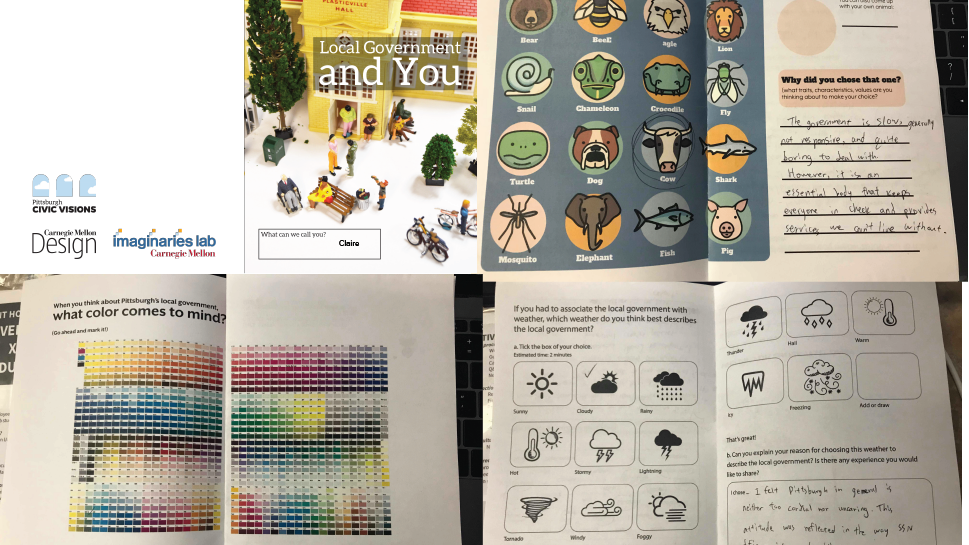I went into this course knowing little about what to expect. After the mini, I now have a better understanding of design in context as well as what my role is meant to be in the future as a designer on the team. Through both lectures and engaging assignments, I am learning about how I learn the most effectively.
After hearing Jonathan Chapman speak about how his role in the work he does, it became clearer to me how I could potentially contribute. During his lecture he said “I think it is very rare for a process of research to lead to new knowledge,” which is very interesting to me because up until this point my understanding was that research is supposed to help us gain a concrete understanding. However, Jonathan leveraged research as a means leading to a more certain position as opposed to uncertain. In saying it in this way, he is acknowledging our existing preconception of research, but contextualizing it; he taught that research isn’t ever going to answer all the questions, but you can use it in a way to most effectively move your team forward.
Also given my background in streetwear and apparel, I was very interested in the work he did with COS, a brand I have long loved. Thus, it was very exciting for me to hear him speak about it.
Another speaker that resonated with me was Cheryl Dahle and her research with the fishing industry. She spoke a lot about contextualizing and understanding the demographic you are working with. She introduced the idea of “discovery framework,” addressing problems by studying solutions and working backwards. I thought this was a very interesting idea, especially because traditionally we are taught to fill our toolbelts before trying to come up with a solution. This way experts already in the field can lead us with their past work and help us in defining the problem.
As designers in an increasingly more cross-disciplinary world, it is important for us to become as well-informed as possible. With this in mind however, Cheryl said we will “never be able to provide more expertise than the people doing it everyday.” She taught to navigate this by keeping the user that you are serving it in mind, by “retaining humility that it is still not [our] system.”
In conclusion, the lectures helped me gain a better understanding of my potential role as a designer in the real world. Especially in today’s climate of collaboration, design theory and concepts only become more and more relevant in nearly every field.

